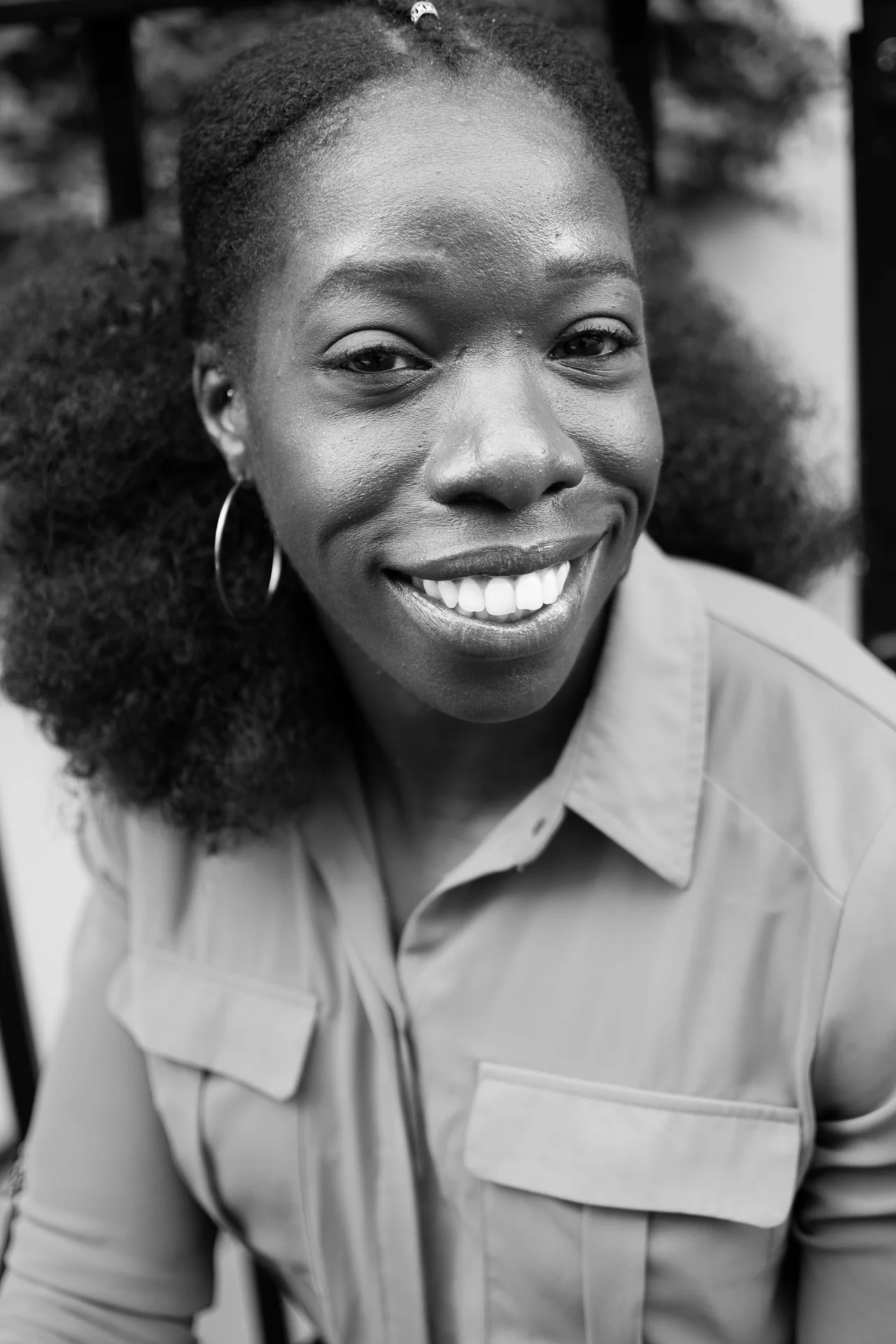Ginika
Ginika, 21
Nigerian ethnicity: Igbo
City/County grew up in: Dublin (Ireland), Kingston-upon-Thames
City/County of residence: Kingston-upon-Thames
*audio below
Describe your heritage
I am a Black British Nigerian, raised primarily in England and partly in Ireland.
What to you, makes you Black British Nigerian? How do you define it?
Growing up in the British culture/adopting it while still embracing my Nigerian heritage is what makes me British Nigerian. I’d define it as acknowledging you’re both British and Nigerian.
What challenges do you/have you faced that relate to your identity as a Black British Nigerian?
A challenge I’ve faced is applying for jobs. Straight off the bat you would know that I am Nigerian or anything but English because of my name. I feel like this has held me back when it came to accessing certain opportunities. Another challenge is when people ask ‘Where are you from?’ and I say ‘England’ and they’re like ‘but yeah where are you really from?’. Like it’s impossible to be both Black and British when there are Black people who have literally been here since the 1600s. It’s also a challenge when I go to the motherland and people there act like I am ‘not Nigerian enough’ because I wasn’t raised there and I talk differently. It’s like ‘okay you’re too Nigerian to be British and too British to be Nigerian’.
Also, maybe not a personal challenge but I’ve heard non Nigerians call people that have only arrived in England, ‘freshies’. I find this highly problematic.
What do you love about being Black British Nigerian?
I love being able to dive between each culture whenever I please. I have access to two very different cultures in that I can eat all types of food and listen to all types of songs and still get it! It also allows me to network with and communicate with all types of people: I can speak in the Nigerian vernacular and Igbo language as well as the English vernacular when I need to get my point across (depending on who I’m talking to). At Christmas we eat the traditional English meal with a side of jollof and pepper soup. It’s fantastic! In addition, I get to make healthy comparisons between both cultures in terms of education, government system and weather.
I also love the connection when meeting someone who is also Black British Nigerian, because it’s like ‘Oh you’re like me! How cool?!’. Also having the option to have roast or make pounded yam!
Do you think this country values your identity?
Not the country as a whole, but definitely London as it’s so diverse!
What does the future look like for Black British Nigerians - what are your hopes for us?
The future looks good for us as England starts to see and embrace diversity more. I hope to see more Nigerians in high places i.e. government. I hope one day code switching won’t be a thing anymore!








